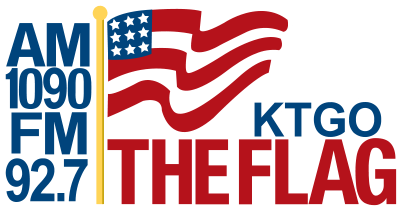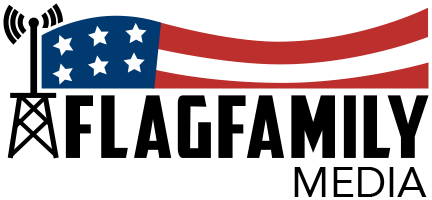With average low temperatures ranging from the single digits to highs in the 20s Fahrenheit in North Dakota in December and January, it’s not too early to budget for and explore programs that are available to help pay winter heating bills.
The North Dakota Department of Human Services reminds residents that the federally funded Low Income Home Energy Assistance Program (LIHEAP) can help qualifying households with the cost of their winter heating bills. The program pays a portion of the home heating costs, whether a home is heated with natural gas, electricity, propane, coal, fuel oil, wood or kerosene.
The program also covers weatherization services, furnace cleaning, repair, and replacement; chimney cleaning and inspection and emergency assistance for crisis situations to avoid shut offs and disconnects and to help when no other resources are available.
LIHEAP assistance amounts are based on the number of people living in the home, their combined income, type of heat source, and other factors to ensure help goes to those most in need. Last heating season, the average help per household was $890.
Who qualifies?
To qualify, a household can earn up to 60 percent of the state median income, which equals $31,443 per year for a one-person household and $50,792 per year for a three-person household. Larger households can find qualifying income levels and more program information online at www.nd.gov/dhs/services/financialhelp/energyassist.html.
Both homeowners and renters can apply for LIHEAP through their local human service zone office in their county now through May 31, 2021. However, individuals living in subsidized housing whose heat is included in their rent are not eligible for the program.
“About 12,800 North Dakota low-income households received help from the state’s heating assistance program (LIHEAP) last heating season. The needs may be greater this year as our economy continues to recover from the pandemic and challenges in the oil and agriculture sectors,” said Michele Gee, director of the department’s Economic Assistance Division.
Gee said a new application must be completed each year, and she encouraged individuals to check with their local human service zone office for operating hours and access questions. Individuals who needs help completing an application can work with their local human service zone office or can also contact Community Options at 800-823-2417 ext. 140.
North Dakotans who are experiencing economic hardship can find information about other helpful programs and services on the department’s website. A resource page for individuals and families whose households are experiencing financial hardship due to COVID-19 is online at www.nd.gov/dhs/info/covid-19/families.html.
Individuals can use the department’s self-service portal online at www.nd.gov/dhs/eligibility/index.html to apply for Medicaid coverage, the Supplemental Nutrition Assistance Program (SNAP), the Child Care Assistance program, and the Temporary Assistance for Needy Families (TANF) program.








